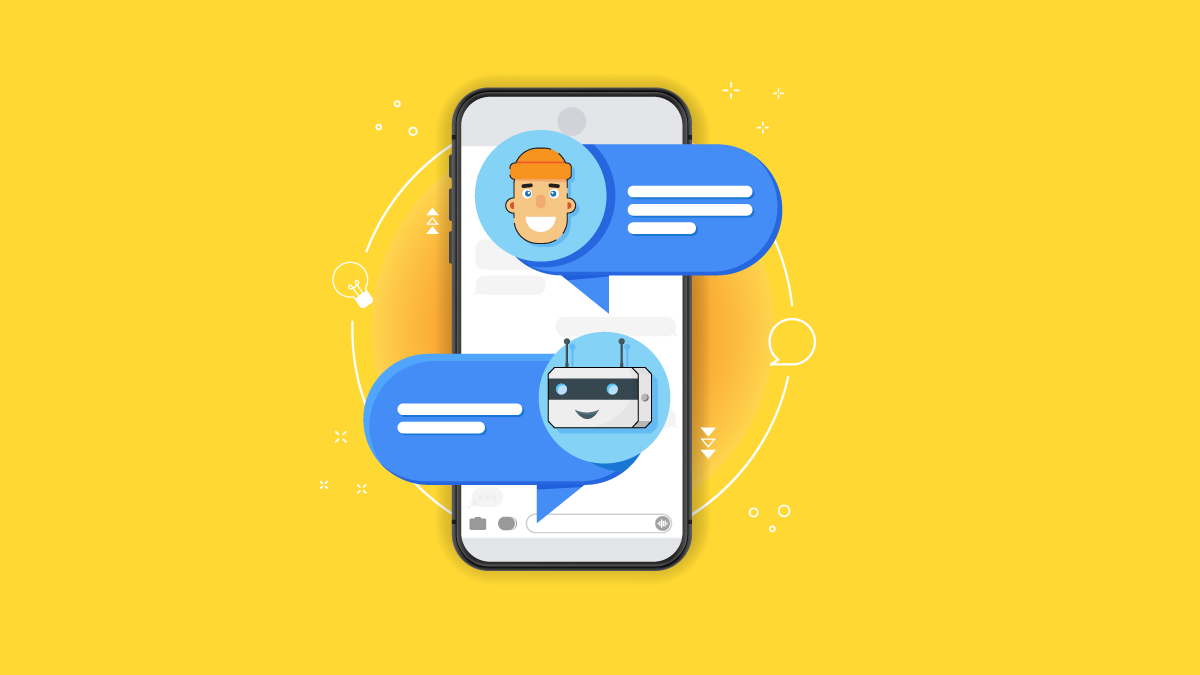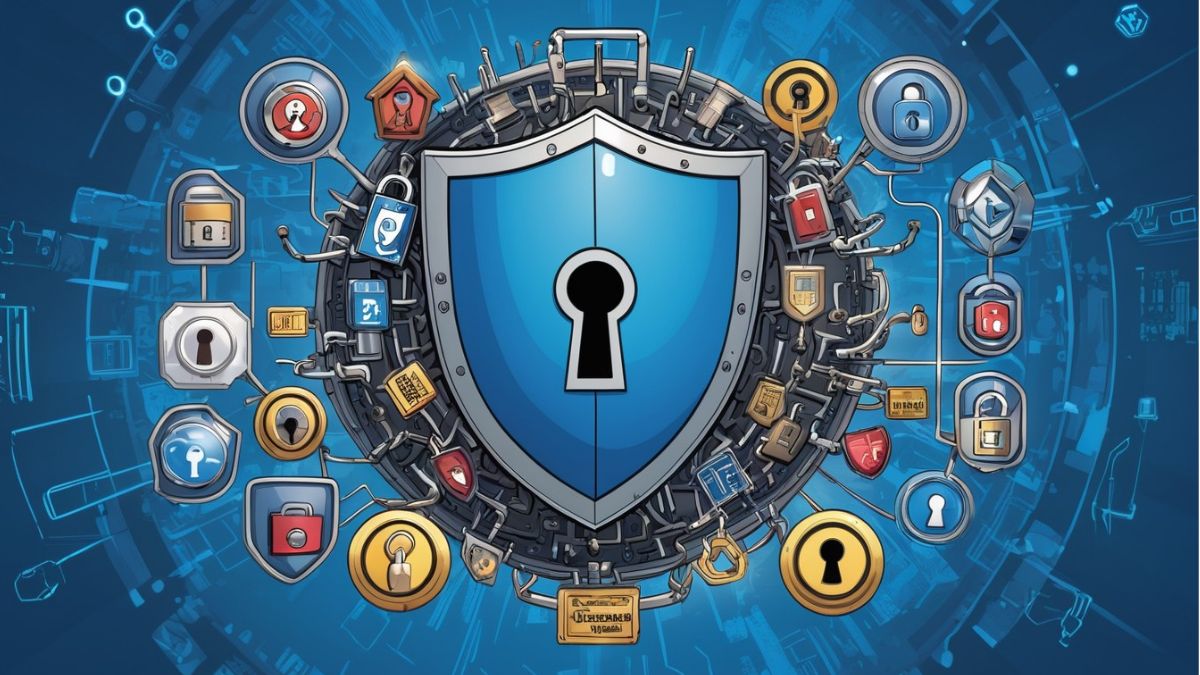
What Is a Chatbot?
A chatbox essentially looks like a messenger except that instead of interacting with a human you’re interacting with a computer program. You can have a conversation with a chatbot just like you would with a person. Chatbots are designed so users can ask queries and get answers by the chatbot which are based on predefined logic, rules, and choices.
Chatbots run on Machine Learning algorithms. They are designed to copy human conversations and react to queries. In this post brought to you by SPOPLI, we look at how chatbots work, what advantages they offer to businesses, and the types of common chatbots in usage right now.
How Do Chatbots Work?
As we already mentioned, chatbots use Machine Learning Algorithms to understand and interpret the queries and give relevant responses. In terms of appearance, they look similar to a messaging interface. But, they can look like other apps too. Machine Learning algorithms handle the conversation between chatbots and humans.
ML helps break down the queries into a language understandable by machines and gives a suitable response in a format that you would expect from a human.
Business Advantages of Using AI Chatbots
There are a variety of advantages of deploying AL chatbots in your business processes. Some of them are:
Better User Experience:
Chatbots are a way of offering end-user support in a real-time manner; no matter whether you are an e-commerce site, retail sales store, product support center, or the front/back office.
Since the interface is ready for interaction without any wait time, chatbots can dramatically improve the end-user experience. Customers can have their answers readily available. Based on the nature of the query, chatbots can give answers containing rich and helpful documentation, informative videos, etc. to resolve queries.
Furthermore, chatbots offer 24/7 support and assistance which is not feasible with actual human support. Businesses can program chatbots to give automated answers to common user queries within seconds. For relevant queries, they can even forward the request to a real person when a more detailed action is needed.
Better Face-time with Customers:
Research suggests that customers expect personalized interaction with their favorite brands through easy communication channels. Chatbots help in that exact department in an easy and fast way. In addition to that, chatbots can be embedded in almost all popular platforms like Instagram, Facebook, and even your website. In this way, businesses can use chatbots to offer a seamless customer experience.
Offer Analytics and Insight:
There’s more to chatbots than just serving as communication channels for users. They collect a lot of information/data which businesses can use for analyzing and gathering insight into customer behavior, habits, preferences, and their most common pain-points.
Furthermore, businesses can leverage chatbots for identifying the purchase patterns of the user. Powered with this knowledge, they can make important and profitable business decisions around new launch strategies, production, and marketing.
Lead Generation and Conversion Tool:
With the end-user information, businesses can use chatbots to help them through their purchase journey. Companies can program chatbots to persuade and influence the buying decisions of end-users and improve their conversion rates.
Tool for Scalability and Cost Savings:
Deploying a chatbot is a lot cheaper than investing money in designing a cross-platform app or deploying a huge team of employees to handle an influx of incoming queries. Naturally, chatbots can help businesses save a lot of money that would otherwise go into payroll costs, training, and hiring of employees.
There’s only an initial development cost and the runtime cost is nominal as well. What’s more, a business can also use multi-lingual chatbots to scale business across new territories and geographies with linguistic differences. There’s no need to augment the staff. Bots can handle all kinds of incoming queries from users speaking different languages.
Best Chatbots Across Different Industries
Watson Assistant
This ChatBot was built by IBM. Watson Assistant is a powerful AI chatbot in the market. It comes pre-trained with data from the industry you belong to so it’s better at understanding chat, analyzing historical call logs, and asking customers for clear queries. It is also able to connect with human representatives. The chatbot can look for an answer in the knowledge base and offer further recommendations for better and quality conversation.
Rulai
Rulai is a chatbot meant primarily for enterprise brands. It’s powered with deep-learning-based language understanding and comes with multitasking capability. Rulai can analyze the human context of the conversation, analyze and predict user behavior, take the required course of action, ask further questions to gain more clarity, understand customer preferences, and move to different tasks.
Inbenta
This AI chatbot is also designed for enterprise brands only. The chat uses its own Natural Language Processing (NLP) engine combined with Machine Learning to understand the context of a conversation and respond accurately to each query.
Inbenta can also escalate the conversation to the right support agent in case of a more human-specific concern that requires a concrete set of actions.
LivePerson
LivePerson is a chatbot that works seamlessly for almost every kind of industry. It also integrates effortlessly with messaging channels like websites, apps like Line, Google, Facebook Messenger, WhatsApp, Line, Apple business chat, etc. The chatbot has gathered 20+ years of messaging transcript data and fed it to the AI.
Bold360
Bold360 uses its own patented NLP engine. Therefore, all brands can deploy it to understand customer intent without demanding exact keyword matching and offer the most accurate answers. The chatbot is capable of interpreting complex languages and giving natural responses. It can also remember the context of the conversation to better serve future customer queries.
In Conclusion
It’s evident that chatbots offer a lot of unique benefits to businesses. They are a great analysis tool and can dramatically improve the overall user-experience in a cost-effective manner.




